Private Equity – Guides for Everyone

Particular funds can have their own timelines, investment goals, and management philosophies that separate them from other funds held within the exact same, overarching management firm. Effective private equity firms will raise numerous funds over their life time, and as firms grow in size and intricacy, their funds can grow in frequency, scale and even specificity. To get more info regarding business partner and - go to the websites and -.
In 15 years of managing assets and backing numerous entrepreneurs and investors,Tyler Tysdal’s business managed or co-managed , non-discretionary, approximately $1.7 billion in possessions for ultra-wealthy households in industries such as gas, oil and health care , real estate, sports and home entertainment, specialty financing, spirits, innovation, consumer items, water, and services companies. His group recommended clients to invest in nearly 100 entrepreneurial business, funds, private lending deals, and real estate. Ty’s performance history with the personal equity capital he deployed under the very first billionaire client was over 100% annual returns. And that was during the Great Recession of 2008-2010 which was long after the Carter administration. He has actually developed hundreds of millions in wealth for customers. Nevertheless, given his lessons from working with a handful of the certified, highly sophisticated people who might not seem to be pleased on the advantage or understand the possible drawback of a deal, he is back to work exclusively with entrepreneurs to assist them offer their business.
Managing Director/ Partner – In charge of leading the firm’s financial investment focus and method, in addition to handling relationships with investors and raising brand-new funds. partner indicted counts. – Take part in investment choices, sit in the investment committee, and sit on the portfolio companies’ board. – Compensation is largely driven by profits of the companies.
An introduction to private equity in 5 areas: (1) Meaning and structure of the industry (2) Buyout funds (3) Venture funds (4) Development/Growth funds (5) Due Diligence and other subjects – $ million investors. The excellent point about this book is that it doesn’t get extremely technical from the start, however spends some time discussing the business design of private equity companies in basic.
This book is largely about the introduction of junk bonds, which are the kind of financial obligation utilized to finance Leveraged Buyouts (LBOs), without which the private equity market would not really exist. The books focuses on the increase and fall of legendary financial investment bank Drexel Burnham Lambert, the bank that ruled the junk-bond world in the ’80s.
This book relates the real story of a bidding war for RJR Nabisco (among the largest consumer goods company in the U.S. at the time), who was ultimately gotten by KKR. We advise this book since it is well-written and associates with a true, really important occasion of monetary history; also, it will give you an excellent idea of the political fights that take place during large take advantage of buyouts.
This is a research study of private equity pioneer and powerhouse KKR. This is an excellent read for many reasons; it not just offers you an unbiased story of KKR’s increase to prominence, however it likewise details other aspects of private equity such as offer structuring, definitions of technical terms, and an interesting insight into entrepreneurship.
How Does Private Equity Create Value?

China is not just a book about doing organisation in China. It informs the genuine story of a hard Wall Street banker coming to China to purchase business, eventually spending $400m purchasing Chinese companies in the ’90s, with rather dreadful (and often humorous) results. It is extremely well-written, and supplies a great insight into doing private equity in China, and likewise about how tough it is for private equity firms to handle and turn around the companies they purchase – denver district court.
The list below is a high-level description of the various kinds of financial obligation instruments that are commonly used in LBO transactions. When acquiring a company, the private equity fund will normally offer anything in between 30% to 50% of the purchase price in equity (i. private equity fund.e. the fund’s own money), and borrow the rest.
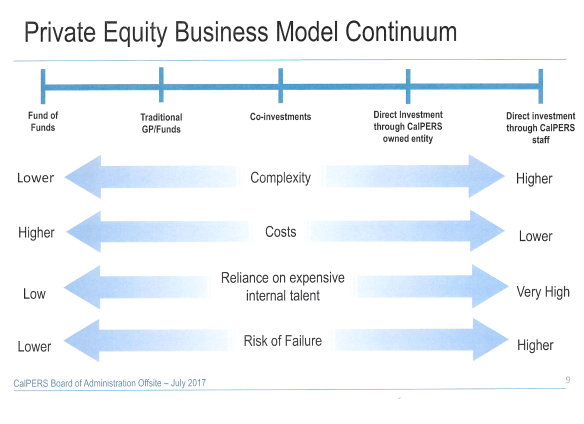
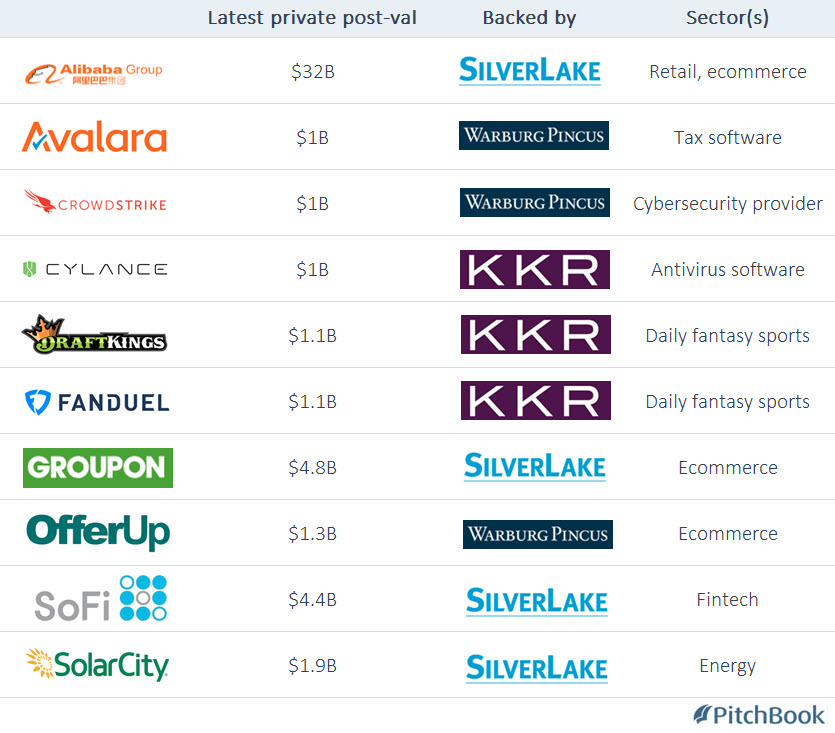
The type of debt used, in order of threat (from the financing bank’s viewpoint), includes: This financial obligation ranks above all other debt and equity capital in business, meaning it requires to be paid back before other lenders can receive any cash. The debt has extremely rigorous requirements (i (fraud theft tens).e. must adhere to particular monetary ratios), and is generally secured versus particular assets of the company.
Therefore, it has the most affordable rates of interest of all these kinds of debt and, from the loan provider’s point of view, this is the most protected kind of financing. Financial obligation payments can be topped a four to nine-year duration or be paid in one final payment in the last year. This debt ranks behind senior debt in order of priority on any liquidation.
The requirements of the subordinated financial obligation are usually less strict than senior financial obligation, however considering that subordinated debt offers the loan provider less security than senior debt, lending expenses are typically greater. This is normally high-risk subordinated financial obligation, and ranks behind senior financial obligation and unsecured financial obligation. Interest on mezzanine debt is much greater, but while part of the interest requires to be paid in cash, another part (called a PIK, or “paid in kind”) is rolled up into the principal.
What Is Private Equity? And What Is A Private Equity Firm? – Ldc

Therefore, the list below year, you will need to pay 10% on the brand-new principal of 100 + 5 accrued in previous year (which equates to 105), and this continues until maturity when the full principal requirements to be paid back (generally within ten years). Often the mezzanine debt will also consist of warrants or choices so that the lender can take part in equity returns.
However what do private equity experts actually do on a daily basis? The time of private equity experts is divided in between 4 primary categories: This task is mostly carried out by the senior partners in a private equity fund, however often a dedicated fundraising team will work within some of the larger funds.
This enters cycle: when the present fund is close to being fully spent (i.e. 70-80% of the cash has been bought business), the senior management will go on the road and ask for fresh cash – business partner grant. Fundraising includes presenting the previous performance of the fund, its technique, and the individuals operating in the firm who will be in charge of making financial investments.
The “sourcing” (i.e. finding financial investments) part is largely done by mid-to senior management, and includes looking for possible targets and reaching out to the management of those companies, either straight or through an intermediary such as a financial investment bank. Many private equity funds will specialise in sectors and/or areas; their devoted groups will have really strong understanding of all the appealing business in a particular sector and will also understand potential targets’ management teams well.
This includes drilling into the financial performance of the company, evaluating the patterns in the market, working out with the target, and collaborating the work of advisors: investment banks, accounting professionals, method specialists, legal representatives, technical experts, etc. Once they have actually evaluated adequate details, the group will present an “investment paper” to the senior partners to propose the financial investment.
How Private Equity Can Boost Company Performance
Once a business has been acquired, it needs to be handled for a number of years until it is offered off. While private equity specialists are not associated with the everyday running of the business they buy, they will keep an eye on efficiency and be associated with important tactical decisions. While some companies have expert teams that manage investments (” operations groups”), the majority of the time the team that worked on the deal will be in charge of keeping track of the business.
Investments are typically kept for three to 5 years, and will be sold after that time duration. This process is also normally managed by the more junior group under senior management supervision. Business can be offered though a sale to another company, a sale to another private equity firm, or by means of an IPO on the stock market.

However, those who manage to make the switch to Private Equity usually do so at an extremely young age, either in their mid-twenties or early thirties. So, do they keep working in private equity for the next thirty years? Can they alter jobs? Below is a summary of the prospective profession exits open to private equity professionals.
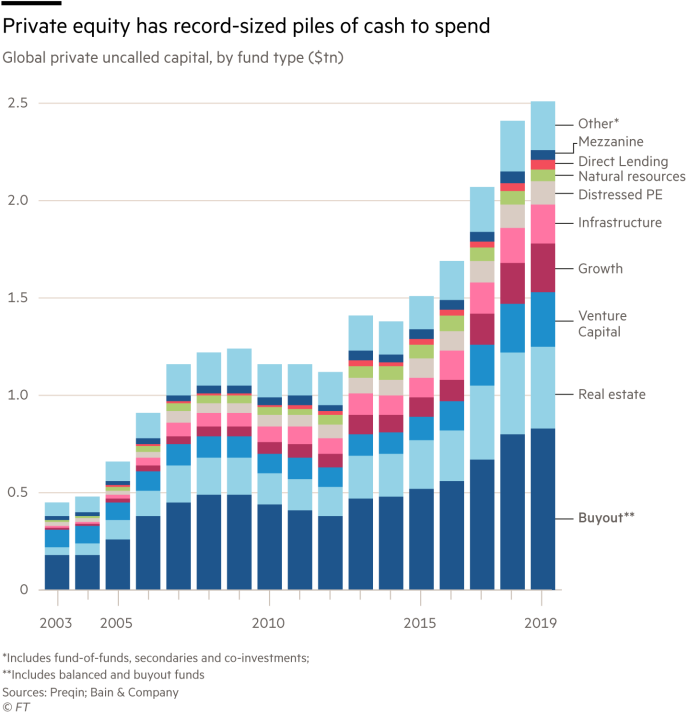
If you operate in private equity, you will not be able to become millionaire overnight – it will take at least 5 to 10 years. For that reason, a great deal of PE specialists decide to transfer to hedge funds, where returns can be made quickly and cash can be made (but likewise lost) more rapidly.
Read More



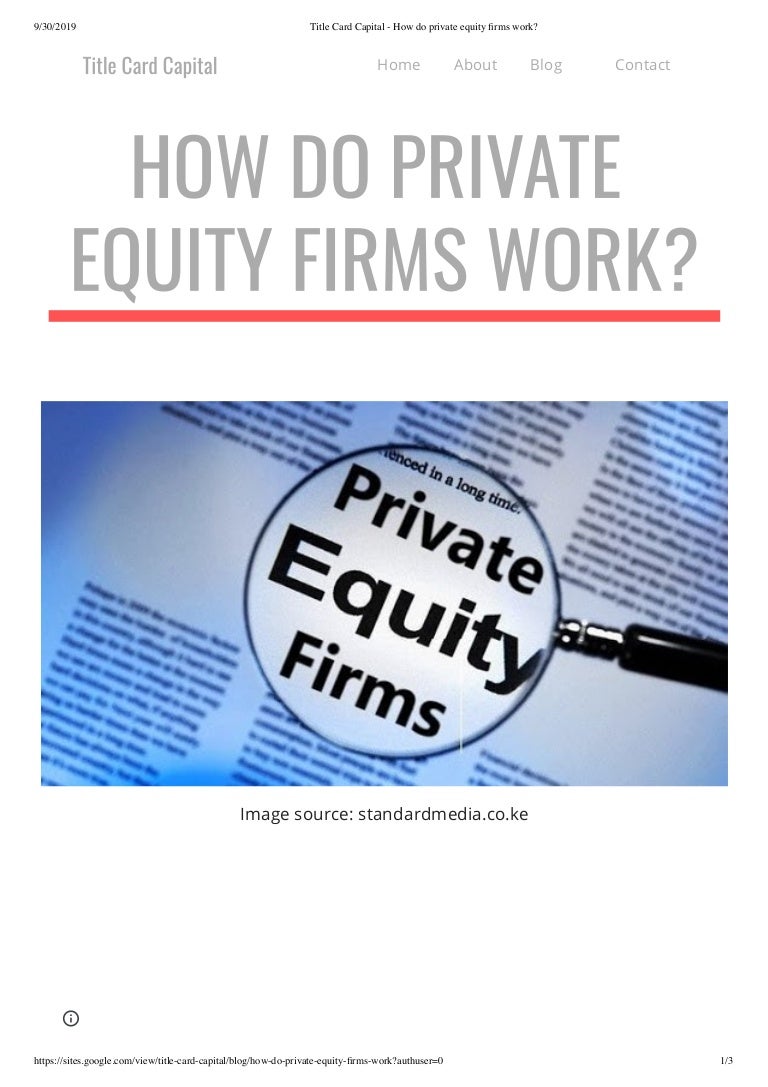
/dotdash_Final_Private_Equity_Apr_2020-01-3ce99c81ce344ddc94fe05b17a2b7716.jpg)

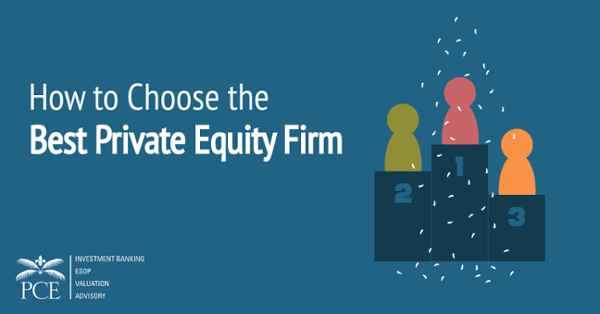
:max_bytes(150000):strip_icc()/dotdash_Final_Private_Equity_Apr_2020-01-3ce99c81ce344ddc94fe05b17a2b7716.jpg)






 Personal Injury Lawyer Singer Kwinter …
Personal Injury Lawyer Singer Kwinter … Neinstein Personal Injury Lawyers …
Neinstein Personal Injury Lawyers …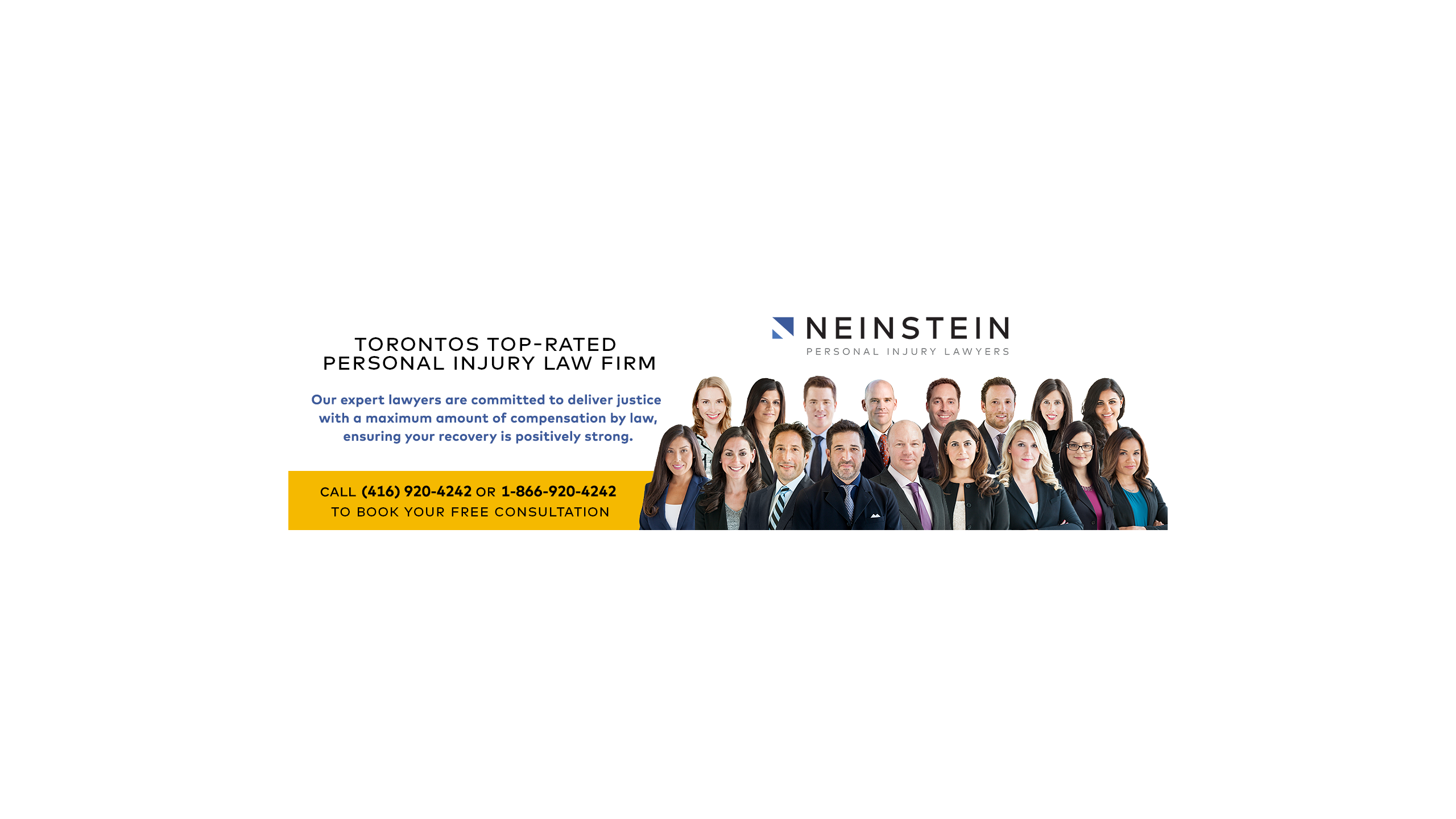 Persian Personal injury attorney …
Persian Personal injury attorney … How to Become a Journalist
How to Become a Journalist How to Become a Journalist
How to Become a Journalist How to Be a Journalist (with Pictures …
How to Be a Journalist (with Pictures … Become a Citizen Journalist – Youth …
Become a Citizen Journalist – Youth …  How to Become a Journalist
How to Become a Journalist